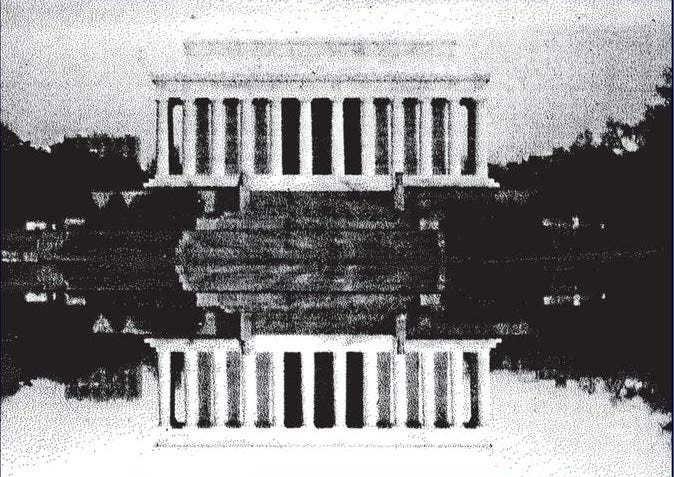March Recommended Readings
Spartophiles and more
The ancients were alien in a way that’s underrated.
It may be tempting, depending on one’s temperament, to castigate them for cruelty or stupidity or praise them for resourcefulness and genius. This stance is often channeling a current concern through one’s interpretation of the past. Some current concerns are justified and one must interpret – but our cultural lenses can distort and blur. Behind praise or criticism lies an assumption that the ancients were similar to us. But this isn’t so.
Paul A. Rahe’s book, The Ancien Régime in Classical Greece, brings this out well. The vision of a good life was different. Politics played a central role in the typical citizen’s life. Male sexuality, particularly the relationship between the erastēs and eromenos, took on forms we’d find distinct. The times were illiberal – there was little focus on notions of rights, egalitarianism, or meritocratic capitalism.
One saw hints of individualism, certainly more than many societies of the age. Yet, the individual was much more tightly bound to family and city. The Greeks make honor cultures today look libertine. These are issues I’ve written about previously.
Rahe is a Spartaphile. He takes Sparta to be the paradigmatic city state. It was the most stable and influential until relatively recently. Athens may be the focus of many today, but for much of history it was seen more as a warning against mob rule than a positive lesson. It was Sparta’s balance of powers that the American founders looked to.
Perhaps Sparta was bound to lose due to it’s apparent lack of cultural output. Despite their instability the Athenian’s outlived Sparta as a cultural and political force. Sparta was sidelined before Alexander arrived on the scene, Athens stuck around for another hundred years or so. “Distant ages would be very unwilling to believe that the power of the Lacedaemonians was at all equal to their fame.”
One can see Rahe as a corrective to the pro-Athenian or at least anti-Sparta theme.
The book is not without its flaws. Read it with defenders of the wealthy Hellas thesis in mind. Skim the last few chapters, read the last one. But, if you’re interested in the period, ensure you understand the view.
Other Recommendations
Many have drawn comparisons between Russia and Ukraine and Athens and Melos:
The strong do what they can and the weak suffer what they must.
A largely critical review of Walter Scheidel’s Escape from Rome:
For me, the main conclusion from the book is how anomalous Rome was a historical political system, instead of the thesis that is explicitly advocated by the book that the political unification of Europe should be understood as a natural consequence of mature civilizations and that its political fragmentation after Rome’s fall was a sort of “great divergence” from the rest of the world
And Now for the News — an old essay in the Atlantic from Robert Kaplan that serves as a great primer for Edward Gibbon’s Decline and Fall of the Roman Empire.
Brain Johnson’s The Role Ethics of Epictetus nicely systematizes Epictetus’s ethics. Of course, you can go straight to the source and read The Discourses.


